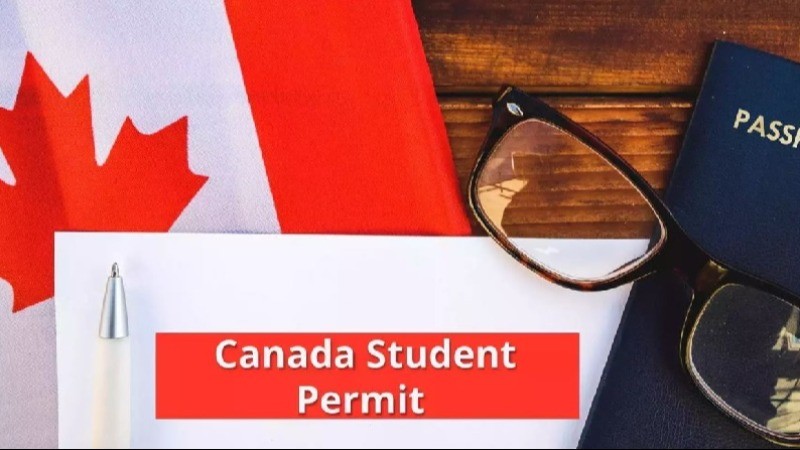
Canada has announced plans to significantly reduce the number of international student permits issued in the coming year, along with stricter rules for foreign workers. The move is part of the government's efforts to manage the increasing temporary resident population.
“We’re granting 35% fewer international student permits this year, and next year, that number’s going down by another 10%,” Prime Minister Justin Trudeau posted on X. He emphasized that while immigration is beneficial for the economy, the government is cracking down on those who exploit the system to take advantage of students.
This announcement follows a series of measures aimed at controlling Canada's record-high immigration levels. The growing immigration numbers have pushed the population beyond 41 million earlier this year, raising concerns about housing, employment, and social services.
Trudeau also highlighted plans to reduce the number of low-wage, temporary foreign workers and shorten their work terms. “We need businesses to invest in Canadian workers,” he added.
Immigration Minister Marc Miller stressed that coming to Canada is a privilege, not a right, as the government introduces changes to further regulate immigration.
Canada plans to issue 437,000 study permits to international students in 2025, down from 485,000 this year and over 500,000 in 2023. The government will also impose new restrictions on work permits for spouses of certain international students and foreign workers. Additionally, more stringent rules will be applied to travel visa issuance to combat fraudulent asylum claims.
In response to rising concerns, master's and doctoral students will now be required to obtain a Provincial Attestation Letter (PAL), a document previously required only for college and undergraduate students. The immigration department will allocate about 12% of spaces for these advanced degree students.
Changes are also coming to the Post-Graduation Work Permit (PGWP) program, with new language proficiency requirements. University graduates must now achieve a Canadian Language Benchmark (CLB) score of 7, while college graduates will need a CLB score of 5 for applications submitted after November 1.
These measures are expected to result in 175,000 fewer PGWPs issued over the next three years. Additionally, the government will limit work permit eligibility for spouses of international students, affecting those in master's programs lasting at least 16 months. This change is projected to reduce spousal work permits by 50,000 over the next three years.
How Will France's New PM Barnier Tackle Immigration and Reform?
New Fast-Track Immigration Programme Expanding to Seven More Airports